Speaker
Description
In this contribution, a selection of recent and ongoing FLUKA developments of relevance for various applications is presented, along with an update on the deployed strategy to ensure the long-term development and maintenance of the codebase.
The FLUKA v4 point-wise treatment of neutron interactions below 20 MeV is reviewed, emphasizing recently implemented physics and technical capabilities. An automatic region-importance biasing algorithm is presented, which greatly simplifies user settings for shielding applications. Furthermore, a recent partial-wave model for the nuclear elastic scattering of protons below 250 MeV (released in FLUKA v4-4.0) is discussed. Its impact on the production of single-event upsets in electronic devices under proton irradiation is highlighted. Moreover, an enhancement of FLUKA's deuteron reaction model is shown, leading to an improved account of (d,2n) yields from high-Z targets. An update of the FLUKA crystal tracking module is also provided, focusing on its ongoing reformulation in terms of a numerical solution of the equation of motion for positively charged particles in the electrostatic potential of bent crystals.
Concurrently, in the interest of ensuring its long-term sustainability, the FLUKA codebase is being redesigned and recast onto a modular C++ architecture, here referred to as FLUKA v5. The current status of the FLUKA v5 framework is presented. Prior to the full integration of FLUKA physics models, it already facilitates direct inter-comparisons with Geant4.
| Scientific Topic 2 | Code status, development and model converters |
|---|

